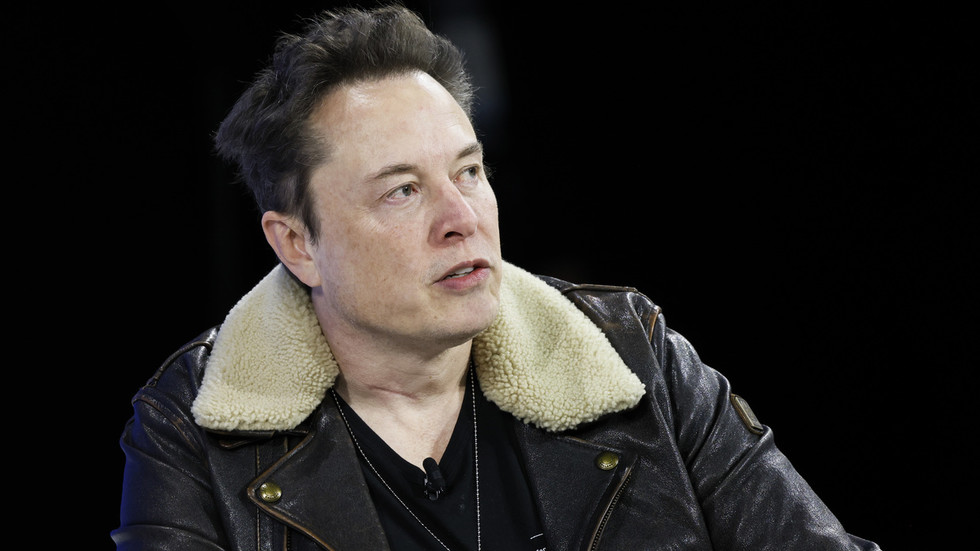Elon Musk, the CEO of Tesla and SpaceX, has raised alarms over the state of U.S. federal debt, suggesting that the country is heading towards a financial crisis unless significant changes are made in government spending. In a recent discussion on social media platform X, Musk highlighted the skyrocketing interest payments on the national debt, noting that around $1.2 trillion is spent annually on interest alone. This represents approximately 23% of total tax revenue from taxes, tariffs, and fees collected by the federal government. He emphasized that without a drastic reduction in expenditures, the United States could face an issue similar to personal bankruptcy due to its inability to manage its debt effectively.
Musk’s comments reflect a growing concern among financial analysts and economists about the sustainability of U.S. debt levels. As the interest on the national debt continues to rise, there is an increasing risk that it will consume a significant portion of federal revenue, potentially leaving little to nothing for essential government services and programs. He pointed out that the cost of servicing the national debt has already eclipsed the current U.S. defense budget, which is over $840 billion. This alarming trend is a wake-up call for policymakers as it suggests a severe misalignment of federal financial priorities.
The U.S. national debt has surpassed a staggering $35 trillion, with the most recent data showing an increase of $1 trillion in just six months. The current debt figure stands at about $35.7 trillion. Musk’s warnings are not new; he has repeatedly called attention to the implications of rising debt and government overspending. Earlier in the year, he attributed the rapidly escalating national debt to inflationary pressures that ultimately affect the economy and everyday Americans. His perspective resonates with a broader economic sentiment that cautions against excessive spending and highlights the long-term consequences of neglecting fiscal responsibility.
Moreover, Musk has expressed concern for future generations, emphasizing that every additional trillion dollars added to the national debt represents a burden for “our kids and grandkids.” He warns that if the current trend continues, the U.S. could find itself in a dire situation where resources are solely allocated to pay interest on the debt, inhibiting the country’s ability to invest in its future or address pressing needs. This ongoing cycle of borrowing without adequate planning for repayment could lead to severe implications for economic stability and governance.
Musk’s statements serve as an urgent call for action, urging lawmakers to reconsider fiscal policies and prioritize a balanced budget that does not rely heavily on debt financing. The narrative is not solely driven by financial concerns but also includes the moral responsibility of current leaders to ensure a stable, prosperous economy for the next generation. By advocating for a shift in governmental priorities, Musk hopes to avert a crisis that could escalate into national insolvency, ultimately undermining the country’s economic strength and resilience.
In summary, Elon Musk’s warnings concerning U.S. federal debt underline a crucial need for public discourse on fiscal policy and spending habits. His perspective serves as a reminder that unchecked debt can lead to dire financial ramifications, not only for the present but for future generations as well. The urgency for responsible fiscal management has never been clearer, as Musk’s insights invite both policymakers and citizens to engage meaningfully in discussions about the country’s economic health and long-term strategy moving forward.

